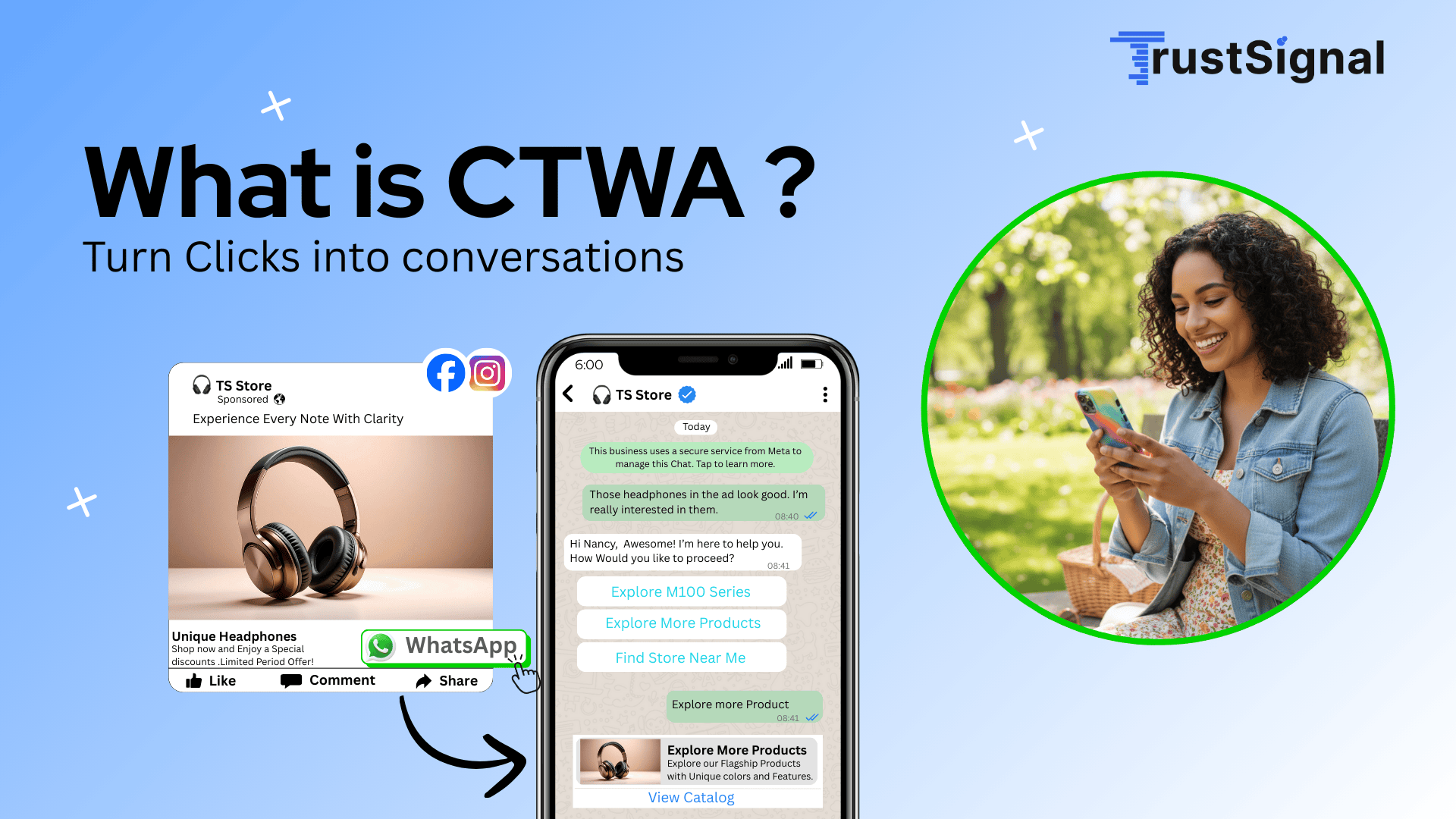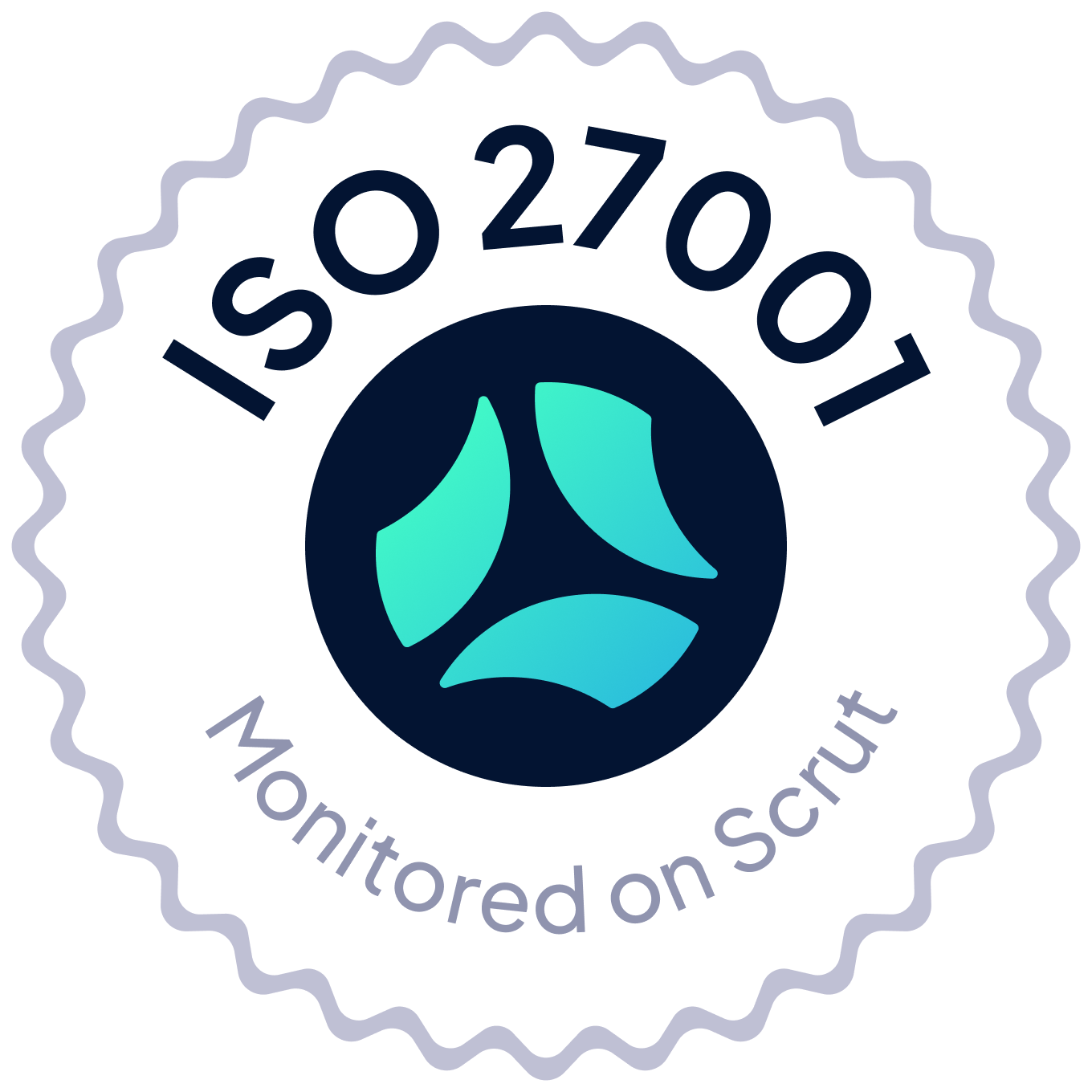SMS: The standard for the time being

SMS is a short message service that has been in use since the early 1990s. An SMS is a brief message of roughly 160 characters that transfers data between phones over a cellular network. SMS is more effective because it is compatible with all devices. In the RCS vs. SMS competition, SMS is dependable and compatible with all carrier devices.
Though SMS has fewer features than RCS, it can nonetheless be conversational. Users have limited options for responding to communications, such as using a trigger word or a short code. Similar to SMS, a Multimedia Messaging Service (MMS) is an upgrade that allows sending photos, audio, and video over a cellular network. The rich interactivity in over-the-top (OTT) messaging channels like RCS or WhatsApp is still absent from MMS.
More than 23 billion SMS texts are transmitted between people every day, therefore short messages are recognizable. Because SMS is so widely used, it may not grow significantly. It will, nevertheless, continue to play a significant role in a comprehensive communication strategy due to its reach.
RCS: Definition and Reasons for Its Future

Even while RCS is growing, there is still some hope that it may eventually completely replace SMS. SMS is widely used, and even though Apple has added RCS to its iPhones, its effects are still being felt. In numerous developed areas where Apple has a substantial market share, RCS’s full promise is only now starting to materialize. Because RCS has more sophisticated features than SMS, it is anticipated to continue expanding despite this initial obstacle. Due to its worldwide applicability, SMS continues to be the go-to option for small business owners and in areas with poor access. But as use grows, RCS might someday surpass SMS.
Important attributes, features, and advantages of RCS
With the help of RCS, marketers can send customers high-quality, multimedia material to help them navigate their conversations. This allows for improved user experience, increased interactivity, and comparatively high engagement rates. Unlike SMS, which is transmitted by signaling, these feature-rich messages can be received by WiFi or an operator’s cellular data connection (4G, 5G). RCS business messaging has characteristics like these that increase consumer engagement:
Branded messages and verified sender profiles
Rich cards
Recommended responses
Actions that are suggested
Feature | RCS | SMS |
Media Support | Allows videos, audio, images | Text-only |
Real-Time Communication | Available feedback read receipts and typing indicators | No interaction in real-time |
Group Messaging | Enhanced group messaging capabilities | Simple group chat |
Customization of Brands | accepts unique logos, colors, and designs. | No branding options, just plain text |
Network Requirements | An Internet connection is necessary. | uses cellular networks to function. |
Device Compatibility | Restricted to devices that support RCS | Compatible with all mobile devices |
Security | Provides end-to-end encryption | Basic security |
Adoption | In 2024, widespread acceptance is anticipated with Apple’s support. | Already widely accepted |
What Is the Better Fit for Your Business Goals, SMS or RCS?
Suggestions for Companies
After learning more about RCS versus SMS, you might be asking which is better for your company. Deciding between them is not simple. After taking into account the restrictions of RCS, SMS may sound alluring, but each choice has its own merits and disadvantages. You may make an informed choice if you adopt a strategic approach and match your choices with your company’s objectives.
When RCS is a Good Option
Organizations must first understand what RCS communications are. RCS is a useful tool for brand marketing if you own a retail company. Companies can send links and other information directly to customers in the chat window.
In addition to helping companies share brand photos, RCS enables them to send bespoke layouts, company logos, and brand colors.
Its powerful group messaging is incredibly effective for educational events, small businesses, and event planners. With RCS, any kind of notification or update may be distributed to all users simultaneously. Threaded chats, read receipts for group members, and the ability to add and remove participants are all supported by RCS.
When SMS is a Good Option
SMS can be utilized to reach a large audience. SMS is compatible with all phones and communication devices, including tablets. Businesses with products in a variety of markets can benefit from SMS. Customers in a region with disparate levels of technology use may find SMS useful for disseminating news.
Users can receive an SMS right away. SMS is a useful tool for businesses to communicate critical information, including changes to store closing times, sales, emergencies, etc. SMS offers straightforward and obvious messaging. It might be a brief update or a service notification about a grocery store purchase, impending sales, or money being credited or debited from your account.
Conclusion
SMS is still a reliable method for sending important, urgent messages that have a large audience and a high open rate. With 26 billion SMS messages exchanged daily worldwide, businesses have a dependable and affordable means of reaching people. RCS, on the other hand, provides a more dynamic, interactive experience that enables marketers to interact with consumers through branding, rich media, and alternatives for action.
The decision between SMS and RCS ultimately comes down to your company’s requirements and communication objectives. Trustsignal SMS solutions offer a solid basis for anybody seeking to reach a large audience using a simple messaging strategy. Trustsignal RCS services are intended to improve consumer connection if your objective is to produce more captivating, visually immersive experiences.
Choose between SMS and RCS based on which is better for your company. Contact us to learn more and make the right choice!






